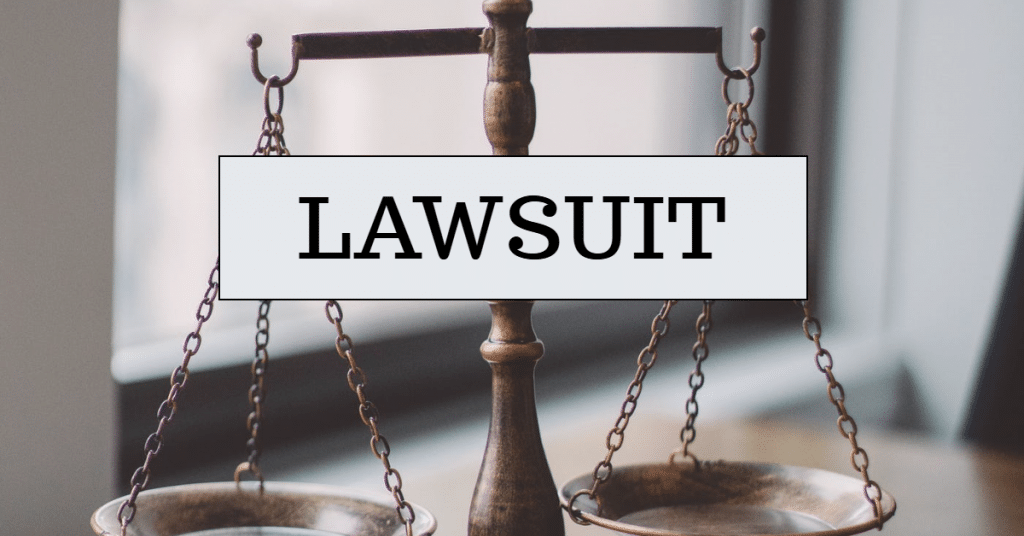DomainMarket asks court to intervene after questionable UDRP.

Mike Mann’s company DomainMarket, LLC has filed a lawsuit (pdf) after losing a UDRP for the domain name segurosmundial.com.
Compañía Mundial de Seguros S.A., a Colombian insurance company that uses the domain name segurosmundial.com.co, filed the UDRP in March. A decision (pdf) in the Complainant’s favor was rendered on May 23 but wasn’t sent to the parties until June 7. The lawsuit was filed on the 10th business day after that, which is the limit for staying a UDRP decision.
DomainMarket, LLC is asking the court for declaratory judgment that it didn’t register the domain in bad faith and isn’t cybersquatting. It’s also asking for attorneys’ fees.
Reading the UDRP, it seems Mann might have a case here. Based on the record in the published UDRP decision, I find it unlikely that Mann was aware of a Colombian figurative trademark that doesn’t appear to have been widely used at the time. Compañía Mundial de Seguros S.A. didn’t even register segurosmundial.com.co until two years after Mann registered the .com domain. It’s more likely that DomainMarket registered the domain because it’s made of common Spanish words for “insurance” and “world.”
Regardless of the merit, the Colombian company will now need to defend itself in court in Washington state. It submitted to jurisdiction there when filing its UDRP.
Perkins Coie LLP is representing DomainMarket. The law firm is well versed in UDRP and cybersquatting law, although it usually advocates for trademark holders.






Good for Mike Mann standing up to the domain name thieves.
Herein lies the rub. A Complainant in a UDRP submitted to a Jurisdiction in a UDRP against myself. However when I Sued to retain the domain after losing at UDRP they then said that they did not stand by their Jurisidiction submission in the UDRP. That made another layer of arguments. How can that be avoided ?.
Did they win that argument?
No, after realising that they were going to lose, they accepted jurisdiction, but it delayed things by 3 months. They lost at 2 levels of Court, and then settled just before it was going to highest Court.
It’s a common tactic. A defendant is always free to argue jurisdiction, even if they admitted to it in some document along the way.
It would be great to avoid arguments in litigation, but that’s kind of the way it goes.
Anyone in similar circumstances might consider not using this complaint as a model, in the situation where a US domain registrant has lost a UDRP to a mark owner whose rights solely exist in some jurisdiction other than the United States.
US courts will not decide actions involving foreign trademarks, since the relevant statute, the ACPA, refers to rights arising under “this section” – i.e. the Lanham Act. As noted in Barcelona.com v. Excelentisimo Ayuntamiento, 330 F.3d 617, 628 (4th Cir. 2003):
“It follows from incorporation of the doctrine of territoriality into United States law through Section 44 of the Lanham Act that United States courts do not entertain actions seeking to enforce trademark rights that exist only under foreign law. See Person’s Co., Ltd. v. Christman,900 F.2d 1565, 1568-69 (Fed. Cir. 1990) (“The concept of territoriality is basic to trademark law; trademark rights exist in each country solely according to that country’s statutory scheme”). Yet the district court’s application of foreign law in this declaratory judgment action did precisely this and thereby neglected to apply United States law as required by the statute.”
So, where this complaint mentions things such as the alleged mark not being “distinctive” when the domain was registered, or refers to Mr. Mann’s state of knowledge – those allegations are really beside the point that, for the purposes of a US court applying US trademark law – there is NO trademark. It’s not a matter of an ‘alleged’ trademark, a ‘distinctive’ trademark or a ‘known’ trademark. The TM claimant in this action conducts no business in the US and has no trademark rights that can be recognized or applied in an action under the ACPA.
This is fascinating though I feel for Mr. Mann who seems to have been wronged by this UDRP decision. How would you have recommended responding to this situation if a US court is not going to rule in a matter regarding a foreign-held trademark?